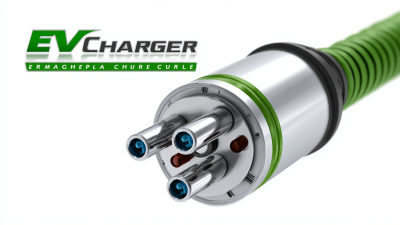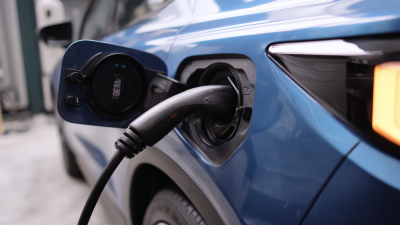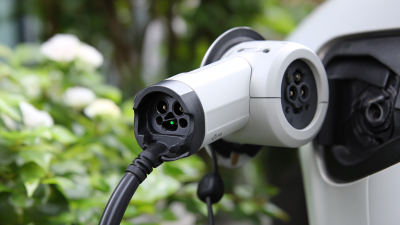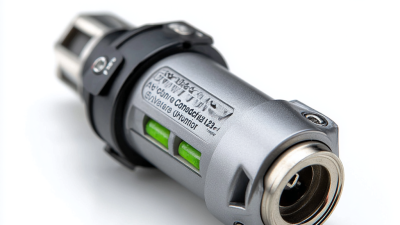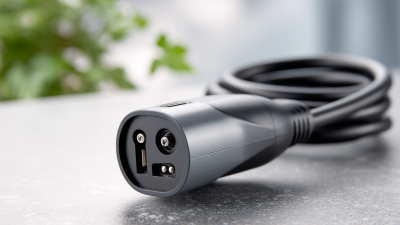As the world shifts towards sustainable transportation solutions, understanding the role of an EV Adapter Converter becomes increasingly vital for eco-friendly driving. These innovative devices not only facilitate the charging of electric vehicles (EVs) across diverse charging stations but also ensure that drivers can make greener choices without facing compatibility issues. This article explores the significance of having a reliable EV Adapter Converter, highlighting its features and benefits for both novice and experienced EV users. By mastering the art of selecting and utilizing an EV Adapter Converter, drivers can enhance their electric driving experience, minimize charging downtime, and contribute positively to environmental conservation. Join us as we delve into practical tips and insights on how to maximize the effectiveness of your EV Adapter Converter for a seamless and sustainable driving journey.
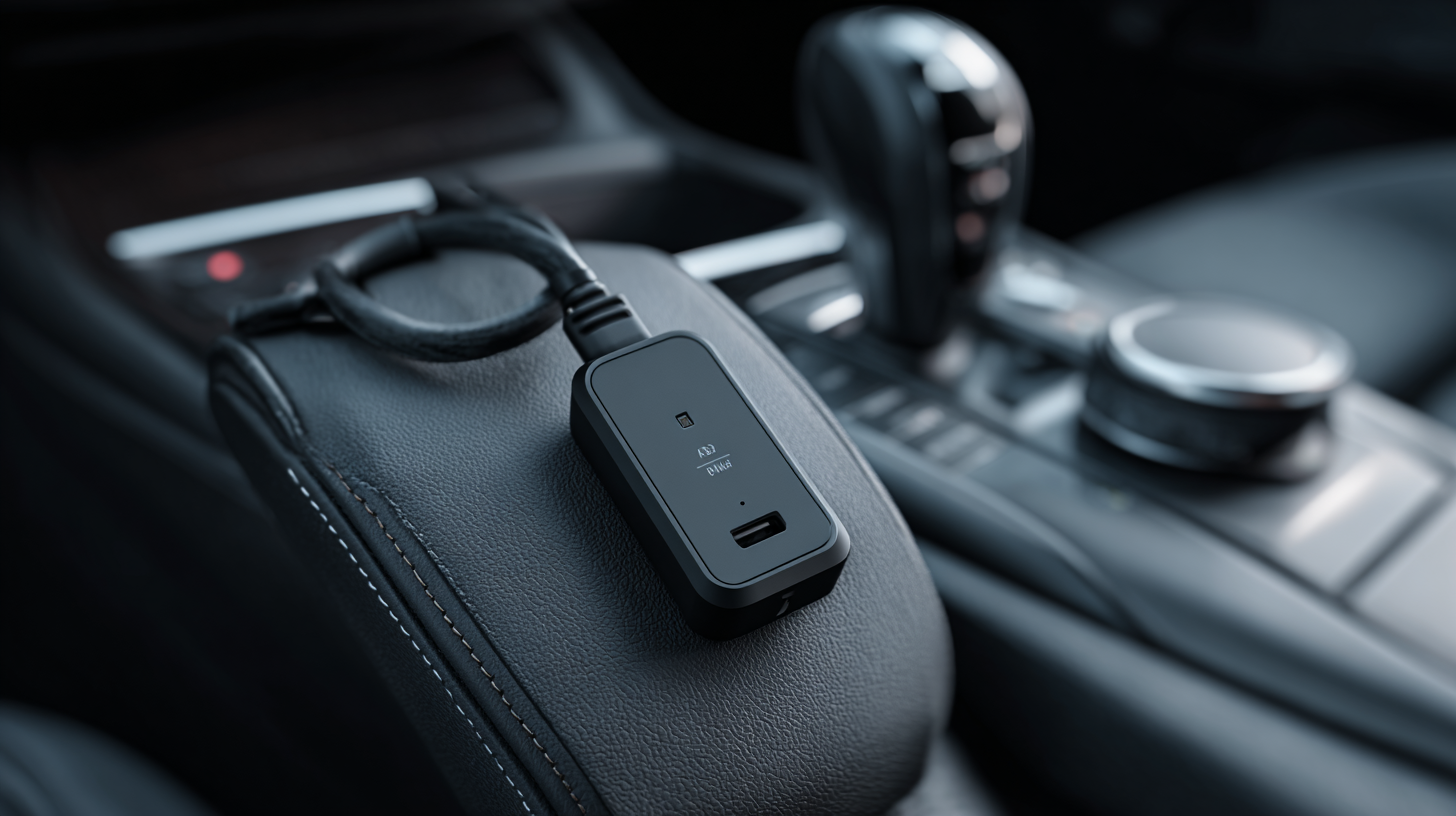
As electric vehicles (EVs) continue to gain traction in the transportation sector, the role of EV adapter converters becomes increasingly significant in promoting sustainable mobility. These devices enable seamless charging across various electric vehicle platforms by allowing compatibility with different charging standards. According to the International Energy Agency (IEA), the number of public EV chargers worldwide grew to over 1.3 million in 2021, but with varying plug types. This variation highlights the necessity for adapter converters to ensure that EV owners can conveniently access charging stations without worrying about compatibility issues, ultimately encouraging a wider adoption of electric vehicles.
Moreover, EV adapter converters contribute to cleaner energy consumption by optimizing charging efficiency. The U.S. Department of Energy reports that efficient charging methods can increase the usage of renewable energy sources, further reducing the carbon footprint associated with vehicle operation. These converters not only facilitate the practical aspects of charging but also enhance the overall efficiency of the EV ecosystem. As sustainable transportation continues to evolve, the integration of advanced charging solutions, including adapter converters, will be crucial in driving climate-friendly initiatives and achieving global emission reduction targets.
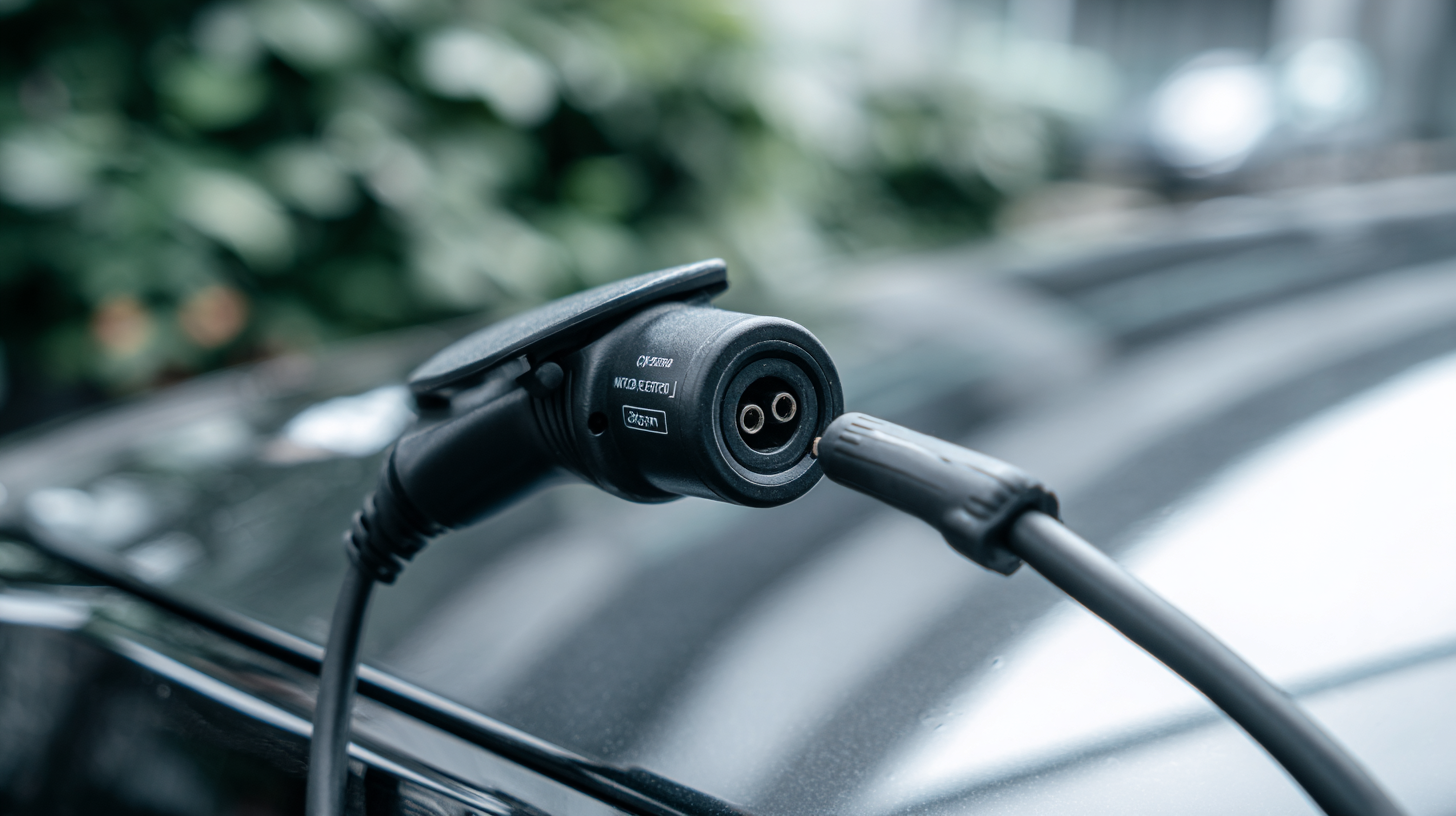 An EV adapter converter plays a crucial role in facilitating
eco-friendly driving
by enabling electric vehicle (EV) owners to charge their cars using different types of charging stations. This flexibility is essential as it allows drivers to access a wider range of charging infrastructure, ensuring they can power their vehicles conveniently and efficiently. By reducing the dependence on fossil fuels, these converters help minimize the carbon footprint associated with traditional gasoline-powered cars.
An EV adapter converter plays a crucial role in facilitating
eco-friendly driving
by enabling electric vehicle (EV) owners to charge their cars using different types of charging stations. This flexibility is essential as it allows drivers to access a wider range of charging infrastructure, ensuring they can power their vehicles conveniently and efficiently. By reducing the dependence on fossil fuels, these converters help minimize the carbon footprint associated with traditional gasoline-powered cars.
One significant benefit of using EV adapter converters is the potential for
cost savings.
Drivers can take advantage of various charging networks, some of which may offer lower rates than others. Additionally, many public charging stations provide free charging options, especially those supported by local governments aiming to encourage sustainable practices. This accessibility can lead to substantial savings over time for environmentally conscious drivers.
Tips for EV Owners: Consider investing in a high-quality EV adapter converter that is compatible with multiple charging standards to maximize your charging options. Regularly check for local incentives or programs that may provide free or discounted charging in your area. Lastly, always stay updated on the latest advancements in EV technology, as this can enhance your driving experience and promote more eco-friendly practices.
When it comes to electric vehicles (EVs), understanding the various types of adapter converters is essential for a seamless eco-friendly driving experience. EV adapter converters play a crucial role in ensuring that your vehicle is compatible with different charging stations. The primary types include Level 1 and Level 2 adapters, which differ in voltage and charging speed. Level 1 adapters are typically used for home charging and provide a slower charge, while Level 2 adapters are designed for public charging stations and can significantly reduce charging time.
Moreover, when traveling, particularly in regions like Europe, having the right plug adapter is vital. The European markets employ different plug types, necessitating a reliable converter to avoid charging inconveniences. Top picks for 2025 feature lightweight and compact designs, making them ideal for travelers. Additionally, investing in a quality power strip that can accommodate multiple devices and protect against surges can enhance your travel experience, offering peace of mind that your electronics will stay charged and safe while on the go.
When considering the transition to eco-friendly driving, selecting the right EV adapter converter for your vehicle becomes essential. This decision is amplified by the rapid growth of the global inverter market, projected to expand from $1.13 billion in 2025 to a staggering $4.04 billion by 2032, reflecting a compound annual growth rate (CAGR) of 20.2%. A suitable EV adapter converter not only ensures compatibility with your vehicle but also maximizes charging efficiency, playing a crucial role in optimizing the electric driving experience.
Moreover, understanding the technological advancements in automotive power modules can influence your choice. The automotive power module market is expected to grow from $9.86 billion in 2025 to $25.14 billion by 2032, with a CAGR of 14.3%. As electric vehicles evolve, so do the accessories that support them, such as EV adapter converters. This underscores the necessity of selecting a converter that aligns with your vehicle's specifications and supports future innovations, ensuring a sustainable and effective driving experience.
As electric vehicle (EV) technology continues to evolve, the significance of EV adapter converters becomes increasingly evident, particularly in the context of future trends aimed at enhancing environmental impact. The ongoing shift towards sustainability is propelled by advancements in battery technologies, including sodium-ion alternatives to traditional lithium-ion systems. This evolution in battery technology not only reduces dependence on critical materials but also aligns with the growing investor interest in eco-friendly innovations. As a result, the integration of efficient EV adapters can facilitate the optimal utilization of varied battery types, significantly broadening the scope of eco-friendly driving.
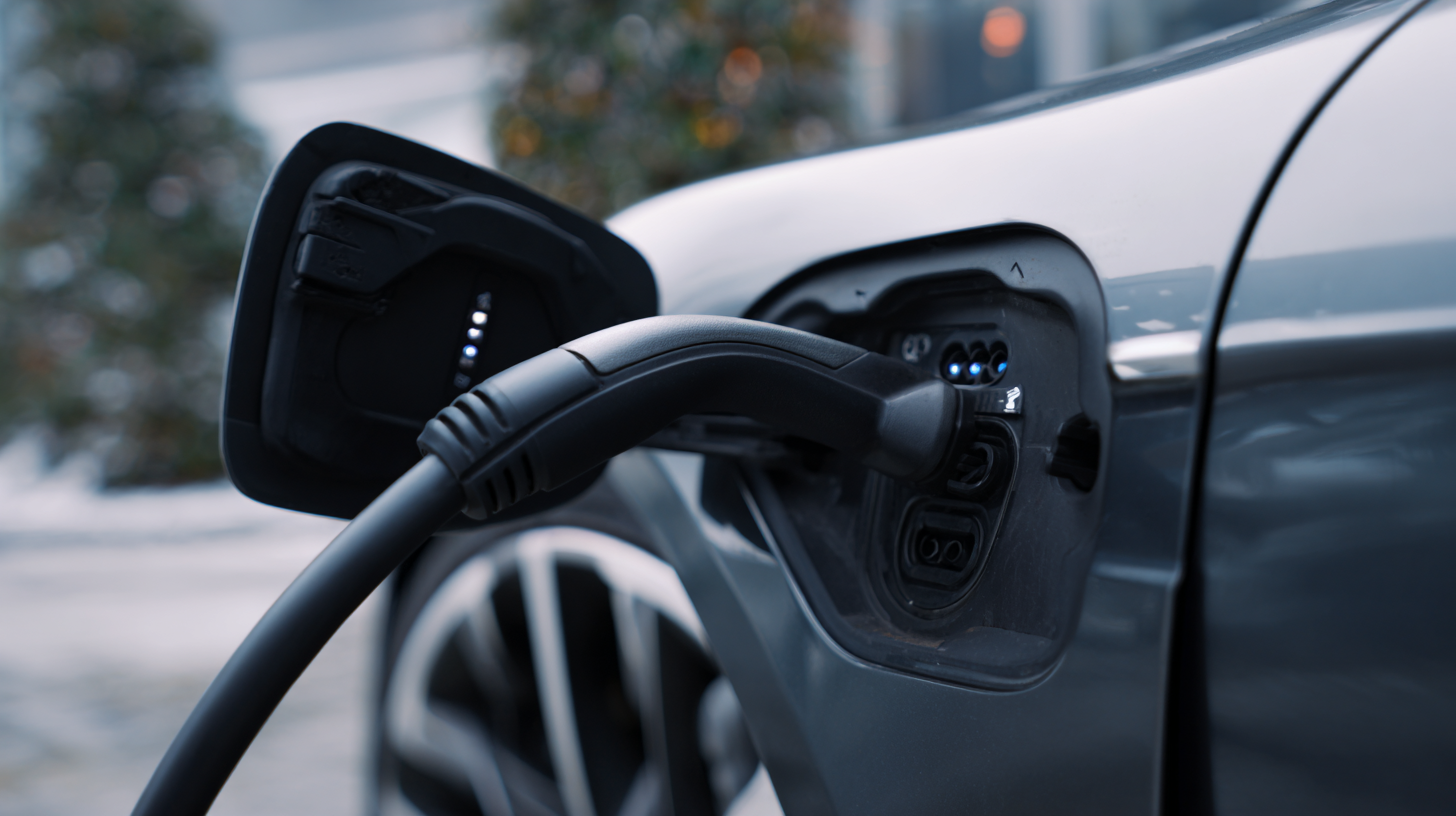
Moreover, emerging production methods and industry trends underpin the establishment of EV battery assembly units, vital for promoting a circular economy. As manufacturers adapt to meeting the demands for greener transportation, the role of advanced adapters becomes essential in maximizing compatibility and efficiency across diverse vehicle platforms. The future of EV adapter technology is intertwined with these advancements, as innovations pave the way for improved infrastructure that supports the widespread adoption of electric mobility. This alignment not only benefits consumers through enhanced convenience but also positions the transportation sector at the forefront of sustainable practices.
